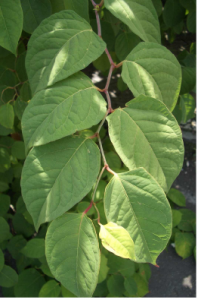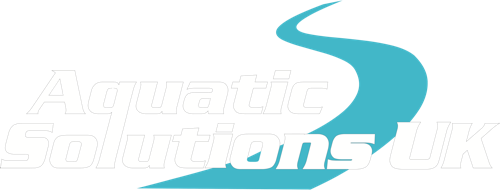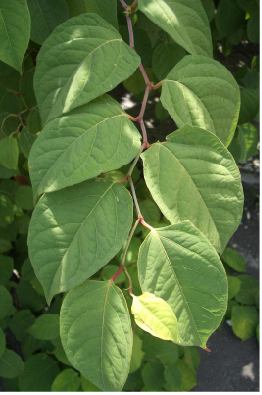 If you think you might have Japanese knotweed growing on your land, whatever you do, don’t touch it!
If you think you might have Japanese knotweed growing on your land, whatever you do, don’t touch it!
It is an incredibly invasive, aggressive weed that not only overwhelms native plants, if left unchecked it will damage:
- Building foundations and drains
- Paving and tarmac
- Flood defence structures
- Wall structures
As a result of this, the presence of Japanese knotweed can prevent the provision of insurance, or a mortgage and ultimately could cost you thousands of pounds in repairs.
The plant grows at an incredible rate – up to 3cm a day to a height of approximately 3 metres, and the rhizomes (root network) can reach a depth of 3 metres with a spread of 7 metres.
If you try to cut it or dig it out, leaving behind the smallest piece of stem or rhizome (root) will lead to new growth.
Japanese Knotweed has become the most invasive weed in the UK! Originally introduced from Japan in 1825 as an ornamental plant, with no biological “enemy” here (in Japan there is a fungus, as well as insects which keep it under control) it has spread rapidly all over this country.
As such, it is listed under Schedule 9 to the Wildlife and Countryside Act 1981 so it’s an offence to plant or otherwise cause it to grow in the wild. It is also classified as controlled waste, so you can’t just put in your household waste, or green waste bin to be removed, or take it to the local tip for composting.
Bearing all this in mind, it makes sense to call in the professionals to deal with Japanese knotweed – Aquatic Solutions UK.
With licenses to use stronger chemicals than you can buy at retail outlets, along with plenty of experience in invasive weed spraying, you can be assured that we will deal with the problem efficiently and effectively.
What we do:
We will carry out a schedule of treatments during the summer and early autumn, which is the best time to spray Japanese Knotweed – between July and October. Three to four treatments will be needed over this time period, and particularly effective results can be achieved if one of these treatments takes place when the plant is in flower during September. Even so, it’s still likely that it will take at least 2 seasons to completely kill this stubborn plant.
The type of chemical we use will depend on where the weed is growing, and what is growing around it. If the growth is near water, we will apply on your behalf for the correct license from the Environment Agency in order that the spraying can be legally carried out.
It is imperative that in order to maximise the impact of chemical spraying particular care is taken during the process, and time is taken to do a thorough job.
The Aquatic Solutions team pay particular attention to detail, taking time over the spraying in order to maximise the impact of the chemical.
We offer a personal guarantee – after the full schedule of treatments, as long as the weed has not been disturbed during, and for one month after the final treatment, we will return and spray it without charge, if in the unlikely event there is any new growth.
Aquatic Solutions offer:
- Fully trained and qualified staff
- Cost effective programme of treatment
- Care and attention to detail
- Licensed use of chemicals
- Ability to obtain necessary permits/certificates for spraying near water
- Personal guarantee
How we can help:
If you want to identify Japanese knotweed, please download this free information sheet.
Alternatively, if you have clear photographs, feel free to email them to us to identify for you.
If you would like to discuss any invasive weed problem you have, feel free to contact us via the form below, or call us on 01788 810614.
Error: Contact form not found.

